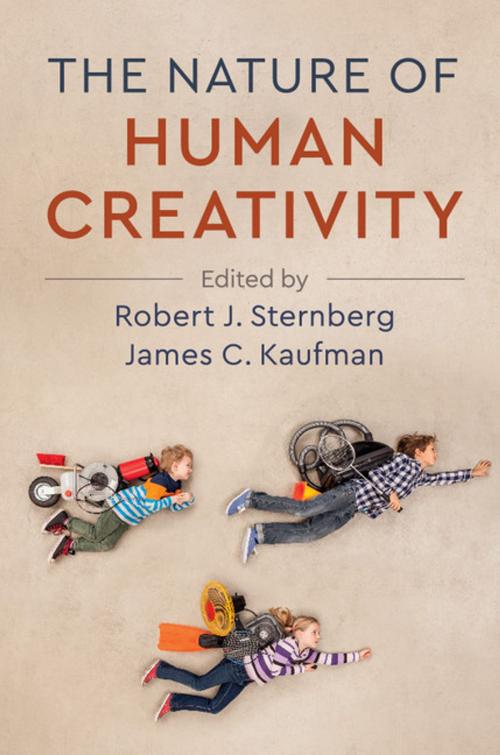The Nature of Human Creativity
Nonfiction, Health & Well Being, Psychology, Personality, Cognitive Psychology| Author: | ISBN: | 9781108187992 | |
| Publisher: | Cambridge University Press | Publication: | April 30, 2018 |
| Imprint: | Cambridge University Press | Language: | English |
| Author: | |
| ISBN: | 9781108187992 |
| Publisher: | Cambridge University Press |
| Publication: | April 30, 2018 |
| Imprint: | Cambridge University Press |
| Language: | English |
This book provides an overview of the approaches of leading scholars to understanding the nature of creativity, its measurement, its investigation, its development, and its importance to society. The authors are the twenty-four psychological scientists who are most frequently cited in the four major textbooks on creativity, and they can thus be considered among the most eminent living scholars in the field. Authors discuss how they define creativity, the kinds of questions they have addressed, theories they have proposed, and a description of their research and the most interesting empirical results it has produced. The chapters represent a wide range of substantive and methodological emphases, including psychometric, cognitive, expertise-based, developmental, neuropsychological, cultural, systems, and group-difference approaches. The Nature of Human Creativity brings together an incredible diversity of viewpoints, helping students and researchers to see the points of consensus as well as the differences in contemporary perspectives.
This book provides an overview of the approaches of leading scholars to understanding the nature of creativity, its measurement, its investigation, its development, and its importance to society. The authors are the twenty-four psychological scientists who are most frequently cited in the four major textbooks on creativity, and they can thus be considered among the most eminent living scholars in the field. Authors discuss how they define creativity, the kinds of questions they have addressed, theories they have proposed, and a description of their research and the most interesting empirical results it has produced. The chapters represent a wide range of substantive and methodological emphases, including psychometric, cognitive, expertise-based, developmental, neuropsychological, cultural, systems, and group-difference approaches. The Nature of Human Creativity brings together an incredible diversity of viewpoints, helping students and researchers to see the points of consensus as well as the differences in contemporary perspectives.















